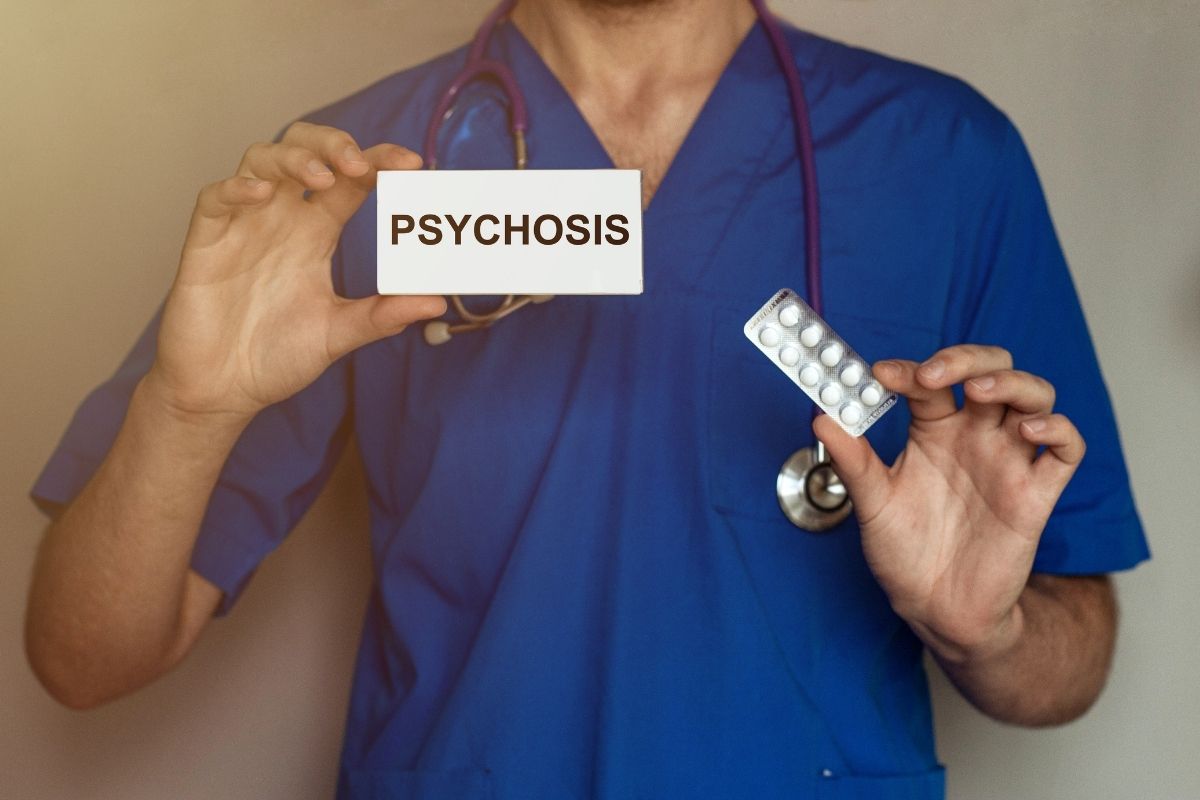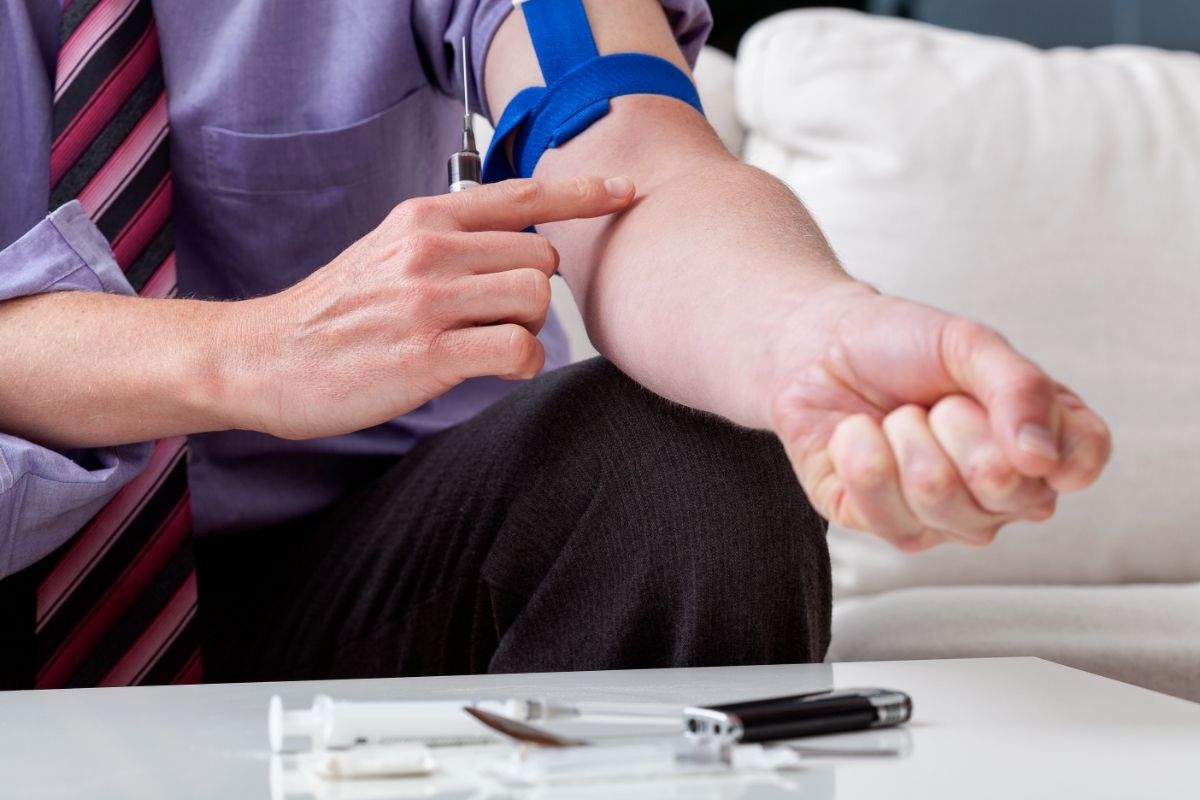Addiction is a disease that affects millions of people in the United States and around the world.

The first step to recovery is admitting you have a problem, but many addicts are afraid to seek treatment because they think it will be difficult or expensive.
Drug addiction is a chronic relapse substance-use disorder characterized by continued use of a substance despite negative consequences.
In general, individuals with this condition experience three feelings when addicted to drugs or alcohol: craving, tolerance, and withdrawal.
Tolerance occurs when repeated exposure to a substance leads to an increased need for more of the substance to achieve intoxication; this may occur even if the individual stops using the substance entirely.
Withdrawal refers to the unpleasant physical and psychological effects experienced after stopping the use of a substance.
Craving is defined as the strong desire to consume a substance.
While there is no cure for drug addiction, effective treatments exist that can help patients recover from their dependence on illicit substances.
Taking drugs repeatedly can lead to a number of problems. Drug abuse can cause health issues such as liver damage, heart disease, lung disease, mental illness, and cancer.
It also increases the risk of accidents, including car crashes. When someone takes illegal drugs, he or she puts his or her life at risk.
One thing those who take drugs may experience is drug-induced psychosis.
In this article, we are going to walk you through what drug-induced psychosis is, including its symptoms to look out for.
What Is Drug-Induced Psychosis?
The term “psychosis” means having a severe mental illness. A person experiencing drug-induced psychosis has a mental illness that causes hallucinations and delusions.
These symptoms may appear suddenly and may last a short time. Psychosis means that the person is experiencing the world in a completely different way from how it is.
Drug-induced psychosis is a psychosis that occurs because of the drugs the person has consumed.
This type of psychosis has been known to be the trigger of mental illness in the person experiencing psychosis.
If the person already has a mental illness such as bipolar disorder, then the drugs may make this disorder worse.
Just like any type of psychosis, those suffering from drug-induced psychosis may find themselves having hallucinations or delusions.
Delusions are false beliefs about something that is not true. Hallucinations are auditory or visual experiences that do not correspond to reality.
Some common types of hallucinations include hearing voices, seeing things that aren’t really there, and feeling sensations that are not real.
Hallucinations and delusions can make a person feel very uncomfortable. They can also make him or her feel anxious and confused.
If these thoughts continue long enough, they could become so intense that they affect a person’s ability to function normally.
This is why it’s important to seek treatment right away.
When Does Drug-Induced Psychosis Occur?
People who have used drugs before may develop drug-induced psychosis.
However, some people who haven’t taken drugs before may also develop drug-induced psychosis after taking them.
Drug-induced psychosis is likely to occur if the person has taken too much of the substance.
The amount of the drug that triggers psychosis varies from person to person as drugs have different effects on people.
Another reason that might be why drug-induced psychosis occurs is that they have been mixing substances.
Mixing two or more drugs together can increase the chance of developing drug-induced psychosis.
This is because each drug affects the brain differently.
For example, one drug may make the user feel euphoric while another makes him or her feel paranoid.
By combining the two, the user may end up with an unpleasant combination of feelings.
There is also the chance that drug-induced psychosis can happen as the person goes through withdrawal.
Symptoms Of Drug-Induced Psychosis
A person who takes drugs may experience hallucinations and delusions. These are the most common symptoms of drug-induced psychosis.
There are other symptoms that may accompany drug-induced psychosis. Here are some of the symptoms:
- Delusions
- Hallucinations
- Paranoia
- Being confused
- Anti-social behavior
- Extreme panic or panic attacks
It is important to note that the symptoms of drug-induced psychosis do not happen all at once.
In fact, the symptoms often occur gradually and get worse as they consume more drugs.
Drug-induced psychosis may present itself in forms that are not obviously noticeable at first.
To help identify drug-induced psychosis, it is important to be aware of the symptoms of delusions and hallucinations.
As mentioned before delusions are false beliefs about something.
A person may believe for instance that he or she is being followed by someone. Delusions come in different forms.
The person might be experiencing a grandiose delusion. Grandiose delusions are when a person believes that he or she is special or superior to others.
He or she may think that he or she is better than everyone else or that they have a great talent.
There are also jealous delusions the person may experience. Jealous delusions might be about their partner cheating on them.
These are just some delusions those with drug-induced psychosis might be experiencing.
Hallucinations are perceptions that aren’t real.
Some examples of hallucinations include hearing voices, seeing things that aren’t there, feeling like you’re moving even though you’re standing still, and smelling smells that don’t exist.
Hallucinations can range from mild to severe.
Drugs That Can Cause Drug-Induced Psychosis

Drugs that are the most likely to cause drug-induced psychosis are hallucinogenic drugs.
However, there are plenty of other drugs that might also cause drug-induced psychosis.
Here is a list of drugs that are known to cause substance-induced psychosis:
- LSD
- Cocaine
- MDMA (Ecstasy)
- Ketamine
- Amphetamine (Speed)
- Cannabis
- Psilocybin (Magic Mushrooms)
- Methamphetamine (Crystal Meth)
- Mephedrone (MCAT or Miaow)
Some prescription drugs have been known to cause psychosis, however, this usually occurs when the person is taking a much higher dose than what is recommended to them.
The way in which a person will experience drug-induced psychosis changes depending on the drug they use.
There are certain drugs that are more likely to induce psychosis as a result of existing mental health issues such as cocaine.
Treatment For Drug-Induced Psychosis
If you suspect that someone you know has developed drug-induced psychosis, then you should seek medical attention immediately.
The sooner you take action, the more effective treatment will be.
It is always best to try and avoid giving any additional substances to the person who is suffering from drug-induced psychosis.
This is the first step to treating drug-induced psychosis. It is important they no longer consume more of the substance that caused the psychosis.
It is important that you seek medical attention to help with this condition.
A specialized medical team will be able to make a proper assessment and help to treat the psychosis.
It is worth noting that seeking medical attention will allow the person to go through withdrawal in a safe environment.
The person who is suffering from drug-induced psychosis may be given some antipsychotics to help with the symptoms they are experiencing.
It is likely that if they are taken to a rehabilitation facility they will go through medical detox.
There is a lot of support available at facilities to help ensure that the person has the best chance when going through withdrawal and a lot of facilities offer support after withdrawal.
Final Thoughts
Drug-induced psychosis is when a person experiences psychotic symptoms due to the consumption of a particular drug.
If you think your friend or a family member has experienced drug-induced psychosis, it is important that you get them to see a doctor right away.
They need to be assessed by a specialist so they can receive the appropriate treatment.
We hope that this article has answered all of your questions about drug-induced psychosis.
Please share this article with others who may be interested in learning more about this topic. Thank you for reading.
- Overcoming Emotional Intimacy Challenges With Alcohol Misuse - November 18, 2023
- Overcoming Alcohol's Impact on Emotional Intimacy: 13 Essential Tips - November 18, 2023
- 6 Ways to Overcome Emotional Intimacy Challenges With Alcohol - November 18, 2023







